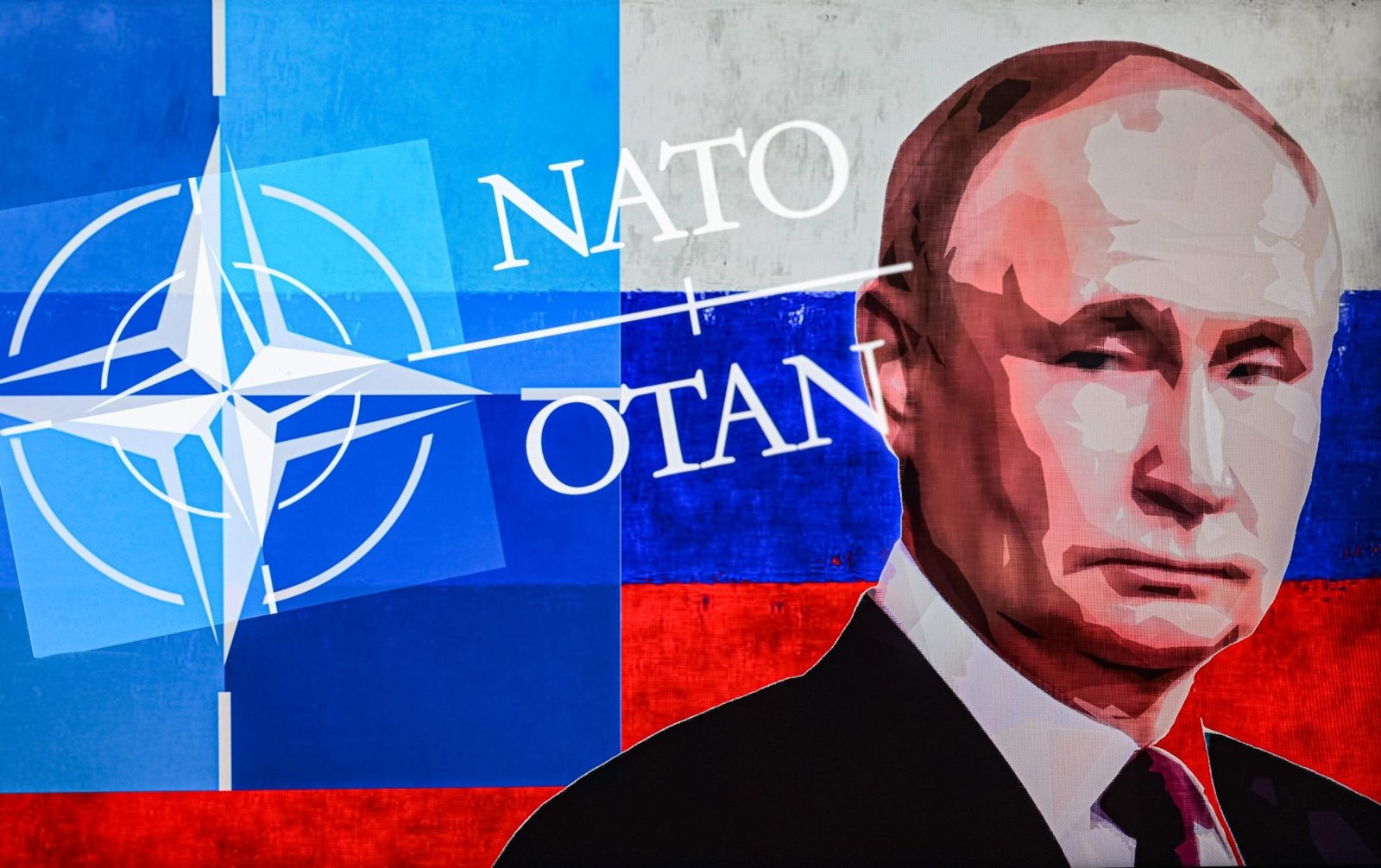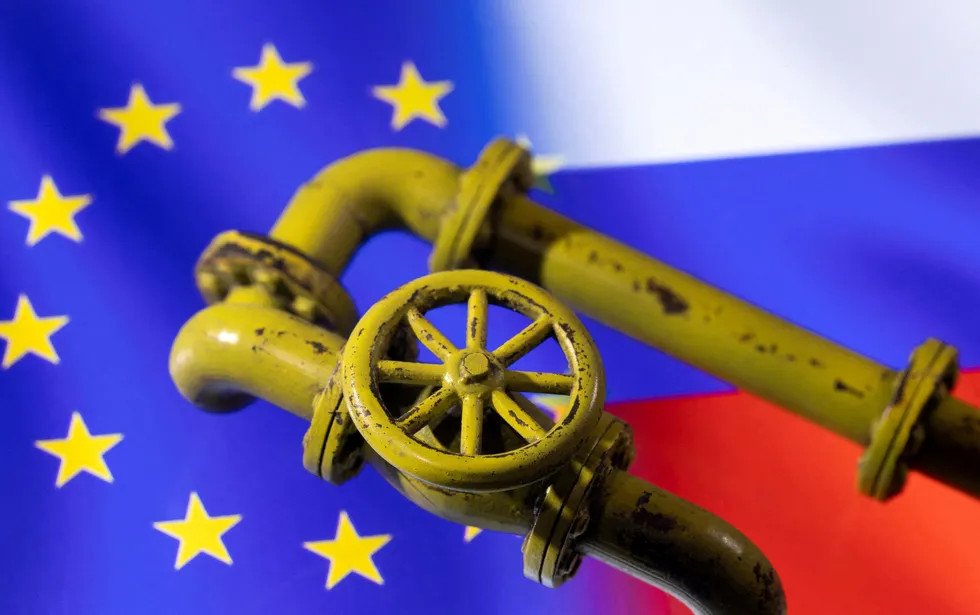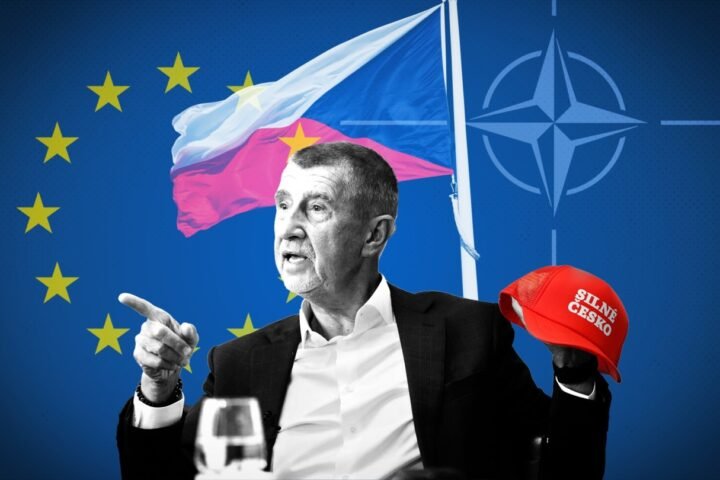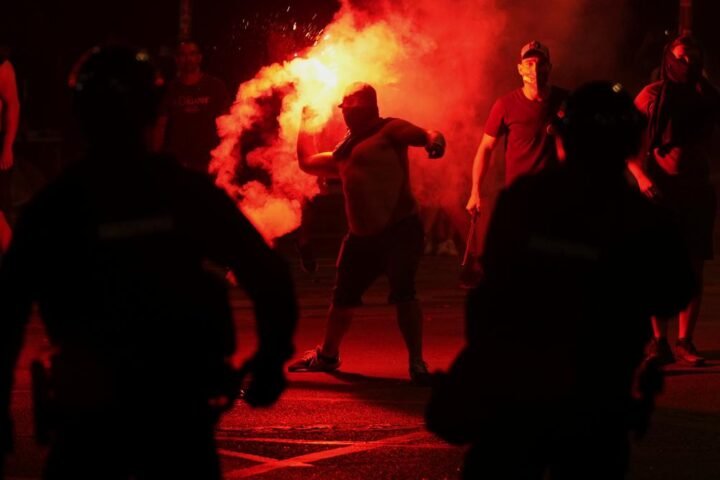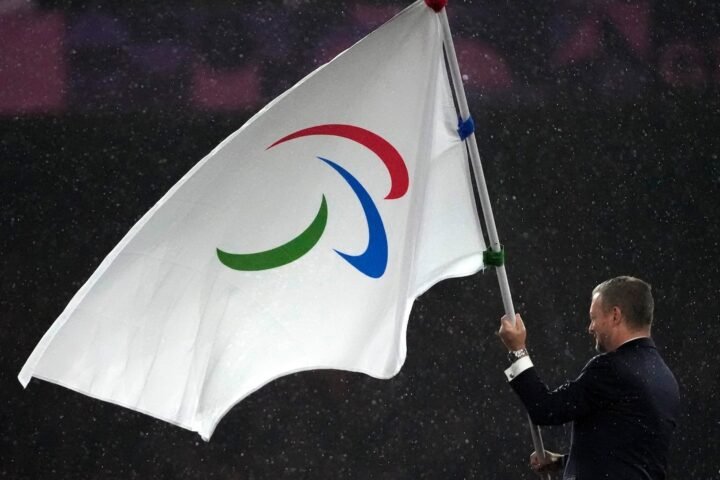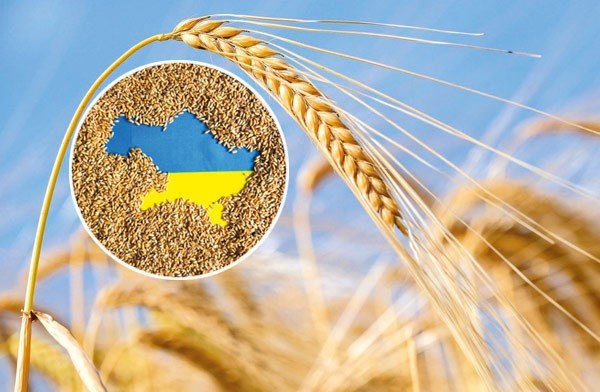On July 18, the European Union and NATO issued coordinated statements accusing Russia of systematically waging hybrid campaigns aimed at undermining the West’s security and democratic institutions. EU High Representative for Foreign Affairs Kaja Kallas warned that Moscow’s hybrid operations — spanning cyberattacks, disinformation, and sabotage — have escalated since the invasion of Ukraine and are likely to continue in the near term.
Kallas stressed that Russia has been conducting hybrid warfare against EU member states for years, but its efforts have intensified since 2022. The Kremlin, she said, is targeting not just cyber infrastructure but broader aspects of European life, including critical infrastructure, physical assets, and public information spaces.
NATO vows coordinated response to Russian cyber threat
NATO echoed the EU’s concerns, expressing solidarity with Estonia, France, the United Kingdom, the United States, Germany, and the Czech Republic — countries that have recently publicly blamed Russian military intelligence and its APT28 hacking group for targeting NATO allies, Ukraine, and other partners.
The alliance described these actions as part of a broader Kremlin strategy to destabilize the West and sustain its war of aggression against Ukraine. NATO reaffirmed that it will continue providing cybersecurity support to Ukraine, including through the Tallinn Mechanism, and said it stands ready to use “the full range of capabilities” to defend against cyber threats in line with international law.
In parallel, the UK revealed it had exposed a Russian military intelligence operation involving advanced spyware tools used for cyberespionage, further underscoring the evolving digital threat landscape.
Coordinated hybrid warfare aims to fracture Western unity
According to Kallas, the Kremlin views hybrid attacks as an extension of conventional warfare. Its strategic objective is to weaken EU resolve, sow doubt among European citizens about supporting Ukraine, and destabilize democratic institutions. This is, she argued, part of an ongoing information and psychological war against the entire continent.
European leaders also highlighted that Moscow continues to ignore its obligations under UN norms on responsible state behavior in cyberspace. This disregard, they warned, risks dismantling the international framework governing digital security and could usher in a new era of unregulated cyber conflict.
Russia’s cyber interference in elections across EU countries is seen as a direct assault on the bloc’s democratic legitimacy — an attempt to create a favorable political climate for pro-Kremlin actors within Europe.
Calls for stronger action and united cyber deterrence
EU officials are increasingly urging a shift from reactive postures to proactive strategies. Kallas’s remarks served as a call to strengthen cyber resilience, pursue retaliatory cyber measures, intensify Russia’s international isolation, and bolster support for front-line states — foremost among them, Ukraine.
Experts and policymakers are also pushing for concrete measures beyond diplomatic condemnations — such as expelling Russian operatives, freezing assets, and dismantling proxy networks in media, business, and politics.
Coordination among EU member states, they argue, must form the backbone of any effective response. Hybrid threats can no longer be treated as secondary concerns but must be recognized as part of a wider geopolitical contest between democratic societies and authoritarian regimes.
